YouTube has once again changed its policies994 Archivescoronavirus content.
The Google-owned video giant announced on Thursday that creators in its partner program "can now monetize COVID-19 related content.”
This Tweet is currently unavailable. It might be loading or has been removed.
YouTube deemedthe coronavirus a “sensitive topic” in early March. It sometimes does that to protect brands from having their ads shown next to videos about disturbing events, like school shootings.
However, YouTube made the decision before the pandemic fully hit the U.S. When it became clearer that this would be an all-encompassing story affecting everyone’s daily lives, YouTube CEO Susan Wojcicki announcedin mid-March that it was going to allow some creators and news channels to monetize coronavirus content.
Now, YouTube is changing course again. This time it’s opening the topic to all YouTubers who have been approved for monetization in general.
Like all other monetized content, though, YouTubers who create coronavirus content will need to adhere to the company’s Community and Ad friendly guidelines.
According to YouTube it will show a limited number or even no advertisements on content that contains “distressing footage,” for example videos that contain people “visibly suffering” from COVID-19.
The platform will also extend these ad policies to coronavirus-related pranks and challenges, such as creators licking toilet seats, coughing or sneezing on bystanders, or trying to scare people into thinking they are sick with the coronavirus.
YouTube also specified that it will demonetize content containing medical misinformation. The platform defines this content as “false/unsubstantiated claims about the cause, promotion of dangerous remedies or cures, origin or spread of COVID-19 that contradict scientific consensus.”
Videos claiming that governments or corporations created the virus as a bioweapon or that it's spread via 5G technology fall under this category. It also includes content that says COVID-19 is targeting certain ethnic groups and videos that claim the pandemic is a “hoax, cover-up or deliberate attack.”
The platform has long struggledwith potentially dangerous and harmful conspiracy theories and misinformation.
Along with its monetization guidelines, YouTube recommends some best practices when creating coronavirus-related content. The company urges creators to fact-check their work and “be sensitive” to the crisis affecting people around the world.
It’s good that YouTube opened up these monetization policies so creators who create good and helpful work can be rewarded for their efforts.
However, maybe it's time for YouTube to take another look at what sort of content — monetized or not — is even allowed on the platform to begin with.
Topics Social Media YouTube COVID-19
(Editor: {typename type="name"/})
 Best free ChatGPT courses
Best free ChatGPT courses
 How to save videos on Snapchat
How to save videos on Snapchat
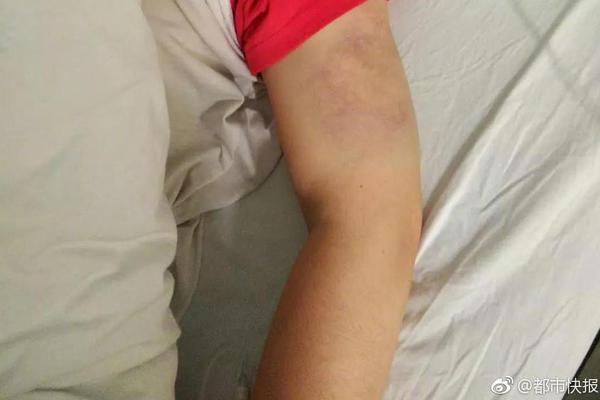 'Quordle' today: See each 'Quordle' answer and hints for August 29, 2023
'Quordle' today: See each 'Quordle' answer and hints for August 29, 2023
 Netflix loses subscribers in Australia for the first time in years
Netflix loses subscribers in Australia for the first time in years
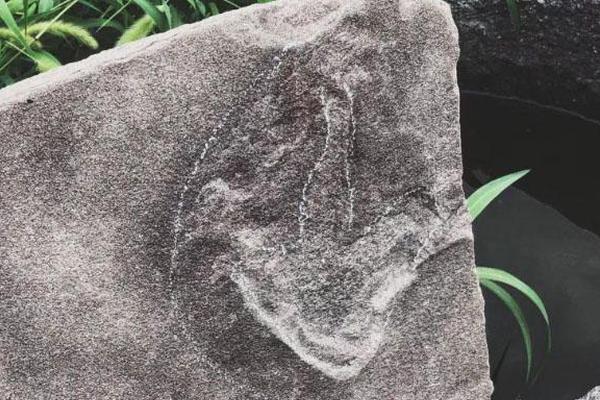 The Year in Tech: 2014 Top Stories
The Year in Tech: 2014 Top Stories
Then and Now: 5 Generations of GeForce Graphics Compared
India's moon rover just avoided a treacherous crater
 India's moon rover is proving to be a scrappy, resilient space explorer. While cruising the dark and
...[Details]
India's moon rover is proving to be a scrappy, resilient space explorer. While cruising the dark and
...[Details]
 Robert Lowell’s “Epilogue”By Sadie SteinSeptember 10, 2014Our Daily CorrespondentPhoto: Elsa Dorfman
...[Details]
Robert Lowell’s “Epilogue”By Sadie SteinSeptember 10, 2014Our Daily CorrespondentPhoto: Elsa Dorfman
...[Details]
The M2 MacBook Air is on sale for a record
 Save $200: Grab the M2 MacBook Air with 256GB of built-in storage at its new record-low price of $89
...[Details]
Save $200: Grab the M2 MacBook Air with 256GB of built-in storage at its new record-low price of $89
...[Details]
Best Amazon deal: Save 20% on floral and botanical Lego sets
 SAVE 20%:Amazon has several Lego floral bouquets and botanical sets on sale, the perfect gift for yo
...[Details]
SAVE 20%:Amazon has several Lego floral bouquets and botanical sets on sale, the perfect gift for yo
...[Details]
Google launches SynthID, an AI image watermark that's invisible to the naked eye
 The problem with AI-created images is that, well, AI is creating images. That means a simple prompt
...[Details]
The problem with AI-created images is that, well, AI is creating images. That means a simple prompt
...[Details]
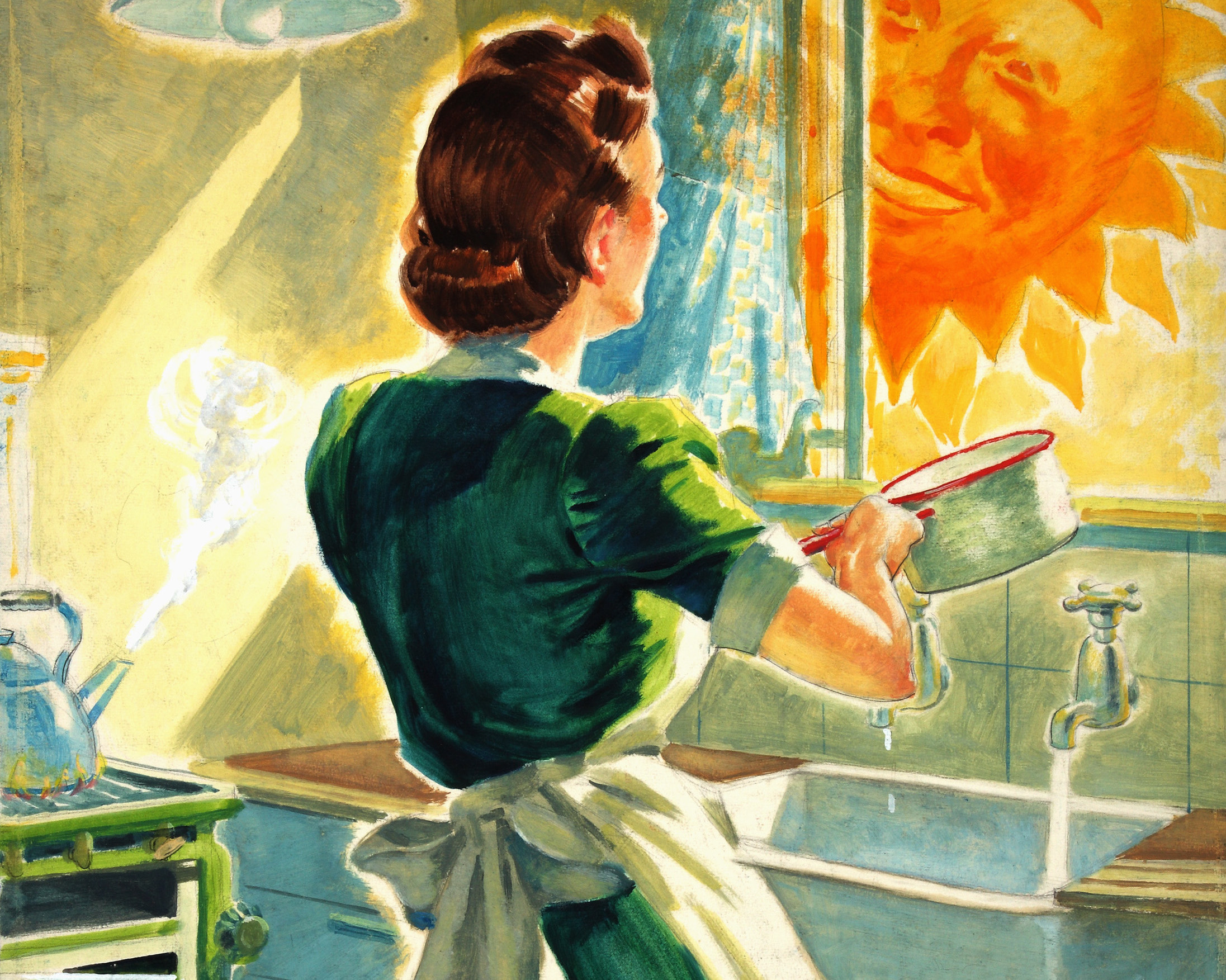 Food for ThoughtBy Sadie SteinSeptember 5, 2014Our Daily CorrespondentFrom the UK National Archives,
...[Details]
Food for ThoughtBy Sadie SteinSeptember 5, 2014Our Daily CorrespondentFrom the UK National Archives,
...[Details]
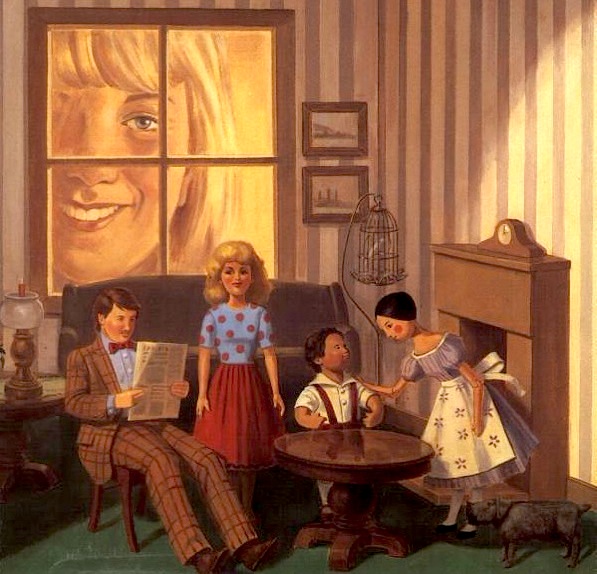 As Dolls to Wanton KidsBy Sadie SteinSeptember 16, 2014Our Daily CorrespondentDetail from the cover
...[Details]
As Dolls to Wanton KidsBy Sadie SteinSeptember 16, 2014Our Daily CorrespondentDetail from the cover
...[Details]
Use Your Gaming Laptop and Play On Battery Power? Is It Possible?
Apple's new iPad Pro will have larger OLED display, report says
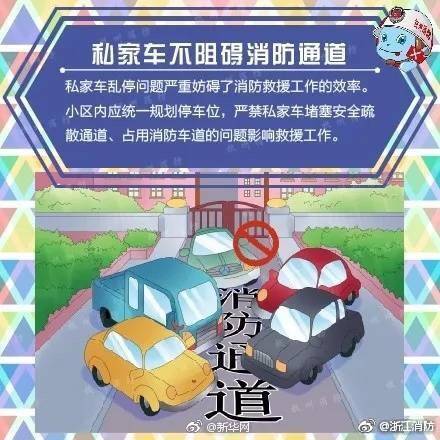 Apple is working on a new generation of iPad Pro devices, and it might be one of the biggest updates
...[Details]
Apple is working on a new generation of iPad Pro devices, and it might be one of the biggest updates
...[Details]
Houston Rockets vs. Dallas Mavericks 2025 livestream: Watch NBA online

The Morning News Roundup for September 12, 2014

接受PR>=1、BR>=1,流量相当,内容相关类链接。